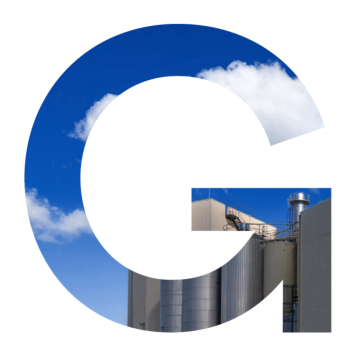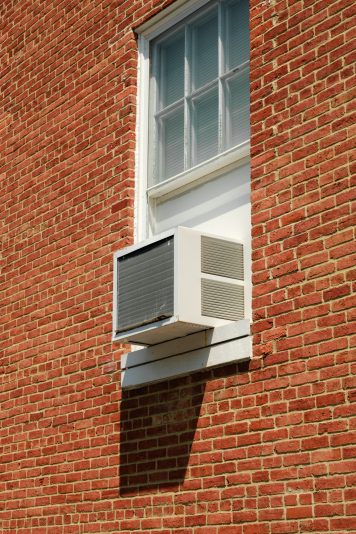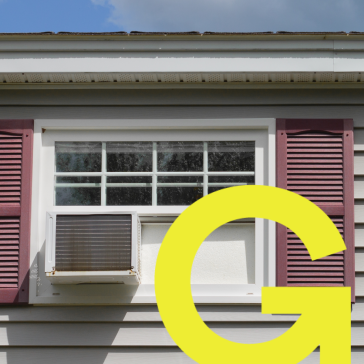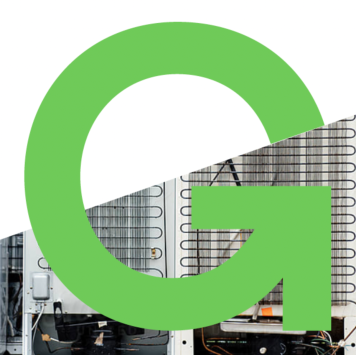Recycling of household appliances
Montréal, June 15, 2022— Upon reading the final version of the Regulation to amend the Regulation respecting the recovery and reclamation of products by enterprises, GoRecycle reiterates its support for the government’s objective of ensuring the optimal management of residual materials and reducing greenhouse gas emissions. The organization is committed to maximizing its environmental impact while ensuring that it does not incur unnecessarily high costs, which will have to be covered by consumers through Environmental Handling Fees.
An in-depth analysis of the regulations enables GoRecycle to identify some notable advances, while also identifying areas for improvement to make the Extended Producer Responsibility (EPR) program a success.
Banning parallel markets: a step in the right direction
GoRecycle applauds the introduction of additional measures to tackle parallel markets, i.e., companies or other recovery initiatives running outside the regulatory framework and official programs. These markets reduce the possibility of accessing the full range of designated products; therefore, banning them is an excellent step forward. That being said, strict controls and proactive inspections will be needed promptly to tackle the offenders and achieve this goal.
Inconsistent targets
The organization also considers that the established targets and product categories in the regulation are inconsistent with the actual situation perceived in the field and with similar international programs. GoRecycle will have less than three years to reach the 70% target for category 1 (refrigerated appliances) and five years for category 4 (non-refrigerated appliances). In contrast, a similar program in British Columbia has achieved a recycling rate of less than 30% after 10 years of implementation.
No other Extended Producer Responsibility (EPR) program in Quebec has had such ambitious targets in such a short period of time. The organization remains committed to ambitious yet realistic targets and will work hard to achieve them.
Non-refrigerated appliances: a bad idea?
Moreover, GoRecycle argues that category 4 appliances should not be affected by the regulation. These appliances are generally composed of more than 90% metals and do not pose any documented environmental issues as they are currently recycled by scrap metal dealers and little waste is generated. GoRecycle is concerned that the introduction of another method of processing these appliances will have little positive impact.
However, we understand the government’s need for solid evidence on this issue, and GoRecycle intends to further document the situation, including the characterization of the appliances, a feasibility study, and a life cycle analysis assessing the environmental and economic impacts of regulating this category.
Government openness to reviewing the regulation
GoRecycle has had constructive discussions with the Ministry of the Environment and the Fight against Climate Change (MELCC), which has adopted a pragmatic and receptive approach in many ways. Despite the fact that the final version of the regulation still contains targets and product categories that are less in line with the reality in the field, GoRecycle acknowledges the openness of government authorities to revise these elements if evidence and experience from the field demonstrate their relevance.
In the meantime, GoRecycle will continue to engage in major communication efforts to get Quebecers to adopt a new behaviour while recognizing that such a change of habit takes time.
ABOUT GORECYCLE
GoRecycle is a collective non-profit organization recognized by RECYC-QUÉBEC that represents retailers, distributors and manufacturers who have joined forces to improve the recycling of household appliances in Québec. With more than 260 drop-off locations in Québec, GoRecycle finances and manages collection and recycling activities. GoRecycle is the only organization recognized by RECYC-QUÉBEC that ensures the recycling of certain refrigerated household appliances, such as refrigerators and air conditioners. Its mission is to support household appliance recycling management practices by implementing programs that are both efficient and good for the environment and provide compliance solutions for the industry.



